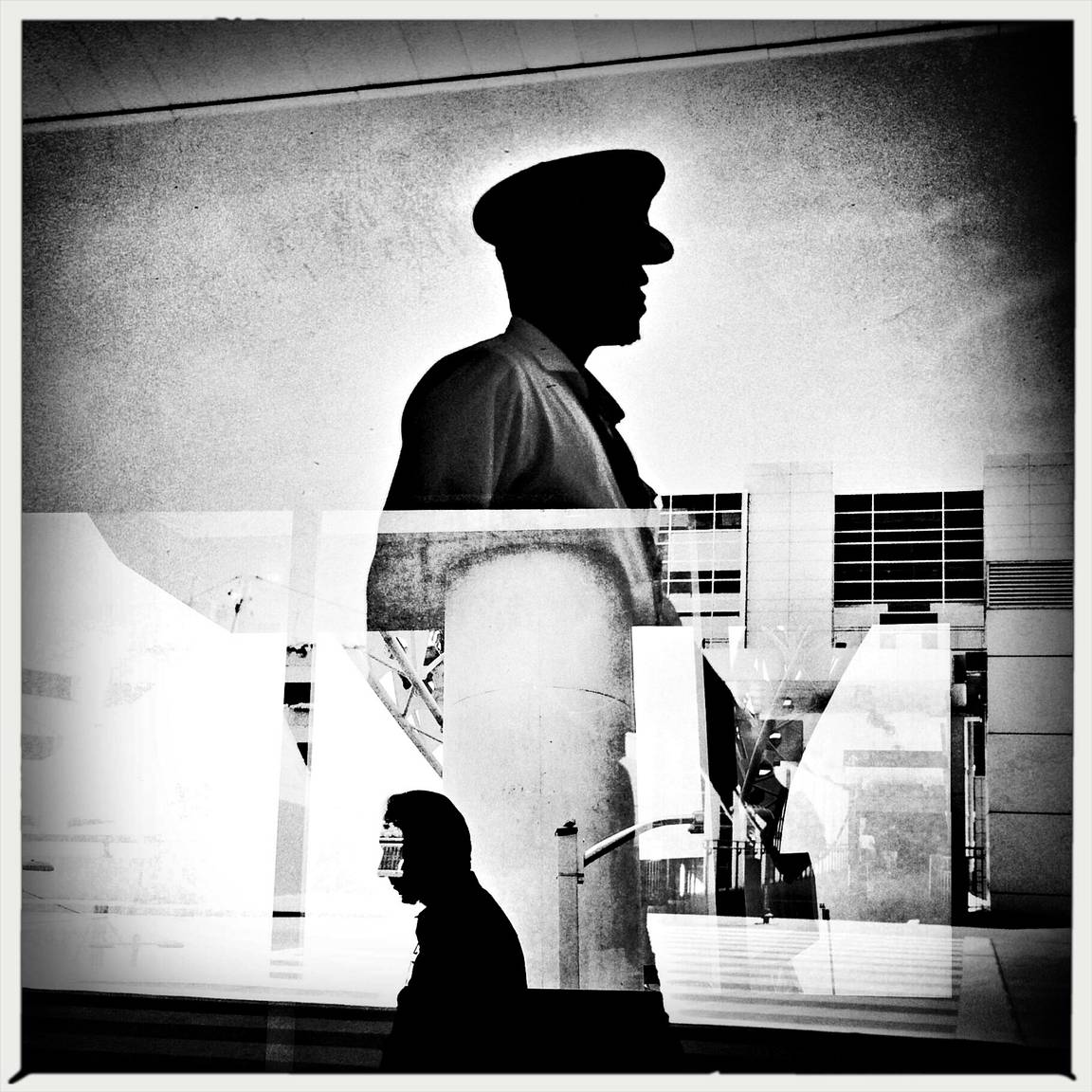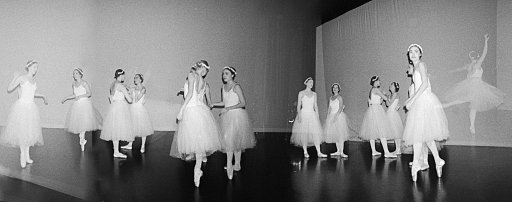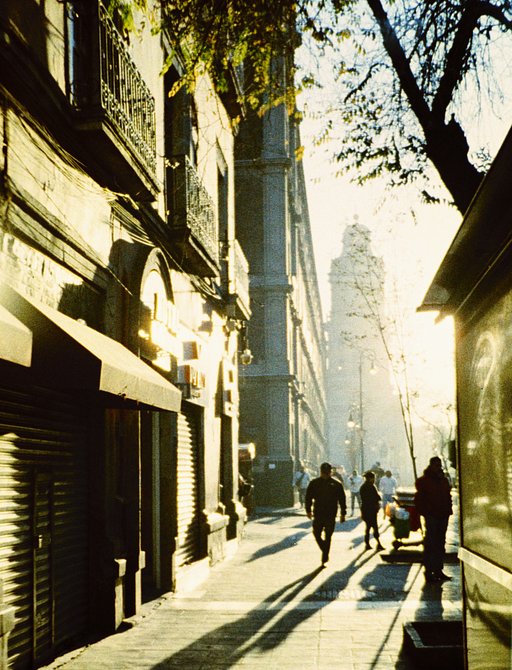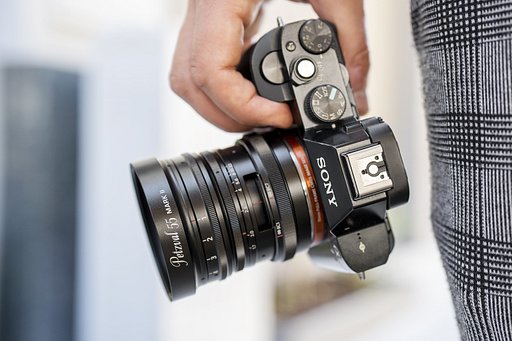Balancing Light and Dark - An Interview with Matthew Wylie
1 13 Share TweetMatthew Wylie creates some of the most beautiful black and white shots we have ever seen in recent times. He uses light, shadows, details, and other elements to capture life and its hidden surprises. Learn more about him, his work, and creative process in this quick interview. Whether it's all just a beautiful coincidence or decisive moment, Wylie injects artistry and his own interpretation of life's realities in his monochrome shots.
Hi, Matthew! Welcome to the Lomography Magazine! Who is Matthew Wylie when not shooting? What do you do on your down time?
I am a professor of English Studies and Comparative Literature currently teaching and living in Canada.

Tell us about how you discovered photography. When did you know that photography was for you?
When disposable cameras became readily accessible in the 90s, I would just use them to document my friends at skate parks or punk shows. In university, I bought a Polaroid and loved the aesthetic of it all. It was here that I began independently studying the works of some of the “masters,” like Saul Leiter or Gordon Parks. Over time, I began to simply enjoy the act of photography, the compositions and moments captured type of thing. I’m rather reserved and enjoy solitude more than the average person I guess, and photography has certainly catered to that characteristic in me. It’s been sort of an extension of the age old “philosopher’s walk” you could say. I’m not a philosopher though!
How would you define photography?
Oh, I don’t want to define it. Doing so just seems restrictive and redundant. How do we define “music” or “art”? But, I guess the etymology of the term is interesting enough: “writing (the act of writing) with light” – or something to that effect. I like this general concept – writing with light.

What's your favorite thing about photography?
I enjoy Lange’s premise that the camera is an instrument that “teaches one how to see.” That it might help me observe the world and others around me in a better way, a more compassionate way even – that it may be an antidote to “not seeing,” or “blindness,” in a sense. This is important to me, especially in such a hyper-visual age that we live in. This is also how and why literature and art in general are so important to me.
How does your professional work differ from your personal photography?
Well, my profession is, essentially, centered on the art of storytelling and the art of the written word. My photography is certainly grounded in that as well and the interchange that writing / storytelling can have, whether by pen or by light.
What's your favorite subject?
Light and darkness.
How do you prepare for a photograph?
I just try to keep my eyes open, pay attention to the light, the movement of the things, and anticipate a moment.
How do you stay creative?
That’s difficult to answer. My profession and my personal life are filled with creative people and creative content. It’s just something I naturally crave and seek to feed myself with, or stay away from when that’s needed too.
In your personal experience, how do you deal with creative block?
I stop shooting for a while. Engage in other mediums or engage in something else that is edifying to me in some way, such as playing Pokemon Go with my son, or reading, or daydreaming about cooking a wonderful meal that I won’t actually cook.

What would you say are the most challenging things about photography?
By its nature, it’s just so easy to take a bad photo. So many things can go wrong, especially with “street photography”. Missing the capture by a few seconds, composition was ruined by your movement, lighting, etc. And with the digital ability to take a seemingly infinite amount of photographs today, by phone or digital camera, etc., the frequency to take bad photos increases exponentially.
But I guess more than that, taking an original photo is the most challenging thing about photography to me. 99% of us showcase our best captures of, essentially, the same commonly seen themes, motifs, or subjects, which I don’t think is bad at all. Painters and writers and musicians have done this for centuries and we have some wonderful bodies of work that have enriched us as a result. But to get a truly original capture, or, even harder, a truly original body of work – that has to be the most challenging thing to all of us I would think.
What do you think are the things that make black and white photography stand out?
Well, the absence of colour forces a different narrative, for sure. There’s a sense of minimalism to it that I think we as a culture increasingly crave, especially in such a visually rich and saturated world that we live in. Our daily, most nuanced experiences with the world are full of visuals, colours, information – the fine print on bar of soap’s label, etc. Whether it is nostalgia or this perhaps craving for some type of minimalism – black and white photography certainly grazes veins like this in our collective psyche.

In your opinion, what are the characteristics of a good photograph?
That the photograph invokes a sense of wonder.
Who's your dream collaboration?
Vladimir Nabokov. He wasn’t a photographer of course, but his eye for language and the fact that he studied butterflies for most of his life is something I would love to collaborate with and I am sure he could teach me something about my own images.
If you weren't a photographer, what would you be?
A lepidopterist... or a teacher.
Any message for budding photographers/artists out there?
Create photographs that please you. Do not worry about film vs. digital or the history of photography if these things are not very important to you. Simply create and seek to create photographs that please you and let part of your pleasure stem from a desire perhaps to challenge how you see the world around you.

How do you think people should handle success and failure?
As they would the seasons.
What do you think matters more -- talent or skill?
I don’t think either matters if one isn’t passionate about what she / he is doing. A feeling for it all and a desire for it is more important than either.
We would like to thank Matthew for agreeing to do this feature and for the time he allotted for this interview piece. If you're interested in Matthew's work, you may head to his website and Instagram.
written by Marc Ocampo on 2017-07-21 #people #black-and-white #interview #monochrome #light #shadows #street-photography #matthew-wylie





















One Comment